Death by Suicide: Answering Some Key Questions
By Kamna Chhibber
Recent news has highlighted how an individual from any walk of life, regardless of gender, age, stage of life, socio-economic, religious or cultural background may be susceptible to death by suicide. These incidents have left many confused, some overwhelmed, and others unsure of what happened.
To the average man, the lives that Kate Spade, designer par excellence, or Anthony Bourdain, chef, restaurateur and critic, led were unquestionably those that dreams are made of. What could possibly push a person to the point that despite what many perceive would be the best of lives, they may think of self-harm and suicide? Many questions remain unanswered in our minds. Let’s try to find some answers together.
The Language
You may find it baffling that I say ‘death by suicide’. In common parlance, ‘committed suicide’ is the go-to terminology to describe the loss of someone through suicide. We do not recognise the burden, personal responsibility and guilt placed on the person who is lost when we use the term ‘committed suicide’. The choice – if we may want to call it that – is not a favoured one or one that the person hoped to make in the end.
There is a lot that goes on in the mind of the one who was lost. And it is a loss – to those who were close to the person – their family, friends, coworkers, those who looked up to them, their admirers and others who came in their vicinity. Understanding and decoding these aspects gives us an insight into what goes on when a person thinks of ‘death by suicide’.
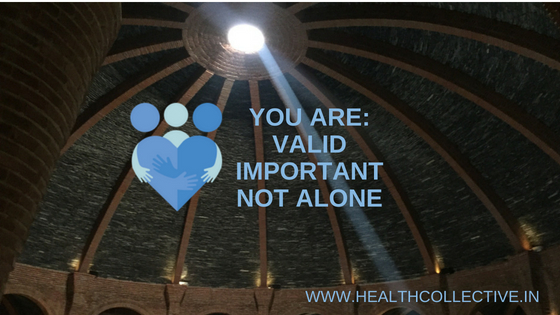
The ‘what’, ‘when’ and ‘how’
The first question that comes to mind is “What happened?” What was so bad that the person thought of losing themselves and that seemed to be the best option?
Research suggests that (in the West), 90% of those who die by suicide were the victims of an undiagnosed, untreated or partially treated mental health illness. This is a very large number, which gives a resounding answer to the question of the what. This is one large piece of the puzzle. Socio-economic factors in the absence of adequate social and financial security and support systems can act as triggers of self harm especially when individuals feel hopelessness and helpless to effect a change within their situations and the environment.
Also Read: Suicide in India: Do We Need a New Approach to Prevention?
The other major piece is the experienced distress of stressful situations one experiences that become overwhelming to cope with continuously. Stress is something we go through every day and it is not the average stress of daily life that necessarily becomes a precursor to this scenario. Those who die by suicide are especially vulnerable to mental health related illnesses and simultaneously may not have the requisite support systems in place to help them cope, resolve or feel supported in the situation.
Yet there is a section of those who die by suicide, despite the availability of treatment and support. This happens when it becomes the most viable option in the mind. No other course of action seems like the desired solution. And that is when the how comes into play.
Should you — a carer/ friend — be guilty, hurt or angry?
This is not the choice the person was hoping to make. Yet they made it. It was not because of you but in spite of you that this seemed the best alternative. Does this make you less of a parent, partner, friend, colleague or relative? No it does not. It does not because if you would have known you would have done everything you possibly could to avert this situation. You did not wish for it and certainly did not hope for it.
You did not want this and the person did not want this, then the question of being hurt does not arise. Anger is warranted if you feel cheated. But believe me the person most cheated is the one who died by suicide. Hurt and anger thwart coping for you who lives on and that certainly was not the intent of the person who is lost.
ALSO SEE: MEDIA GUIDELINES ON REPORTING SUICIDE FROM WHO
Your next steps
You need to rebuild life and continue on the trajectory you had set for yourself. This is not always easy. But here are the things you can do to help yourself:
- Seek support for yourself
- Don’t bottle up your feelings — speak about what you are feeling and thinking
- It is tough for you but try to think of how tough it would have been for the person who is lost
- There is no easy answer and often it won’t make sense. Don’t get rattled by that
- Remind yourself of the legacy the person who died by suicide would like you to create and cherish
- Remember this was not about you or because of you. It was not because you were not enough
- Most importantly, the person you lost loved you and wanted you to carry on
If you or anyone you know is unable to cope with a situation, is experiencing symptoms of a mental health illness, or having thoughts of self-harm or suicide reach out for help. You will find helplines here on healthcollective.in/helplines and on the Suicide Prevention India Foundation
Further Reading: This piece by Psychology Today
Learn to be a GateKeeper via the Suicide Prevention of India Foundation
Disclaimer: Material on The Health Collective cannot and does not claim to substitute for expert advice from a trained mental health professional.
Feature Image: Photo by Thomas Bormans on Unsplash

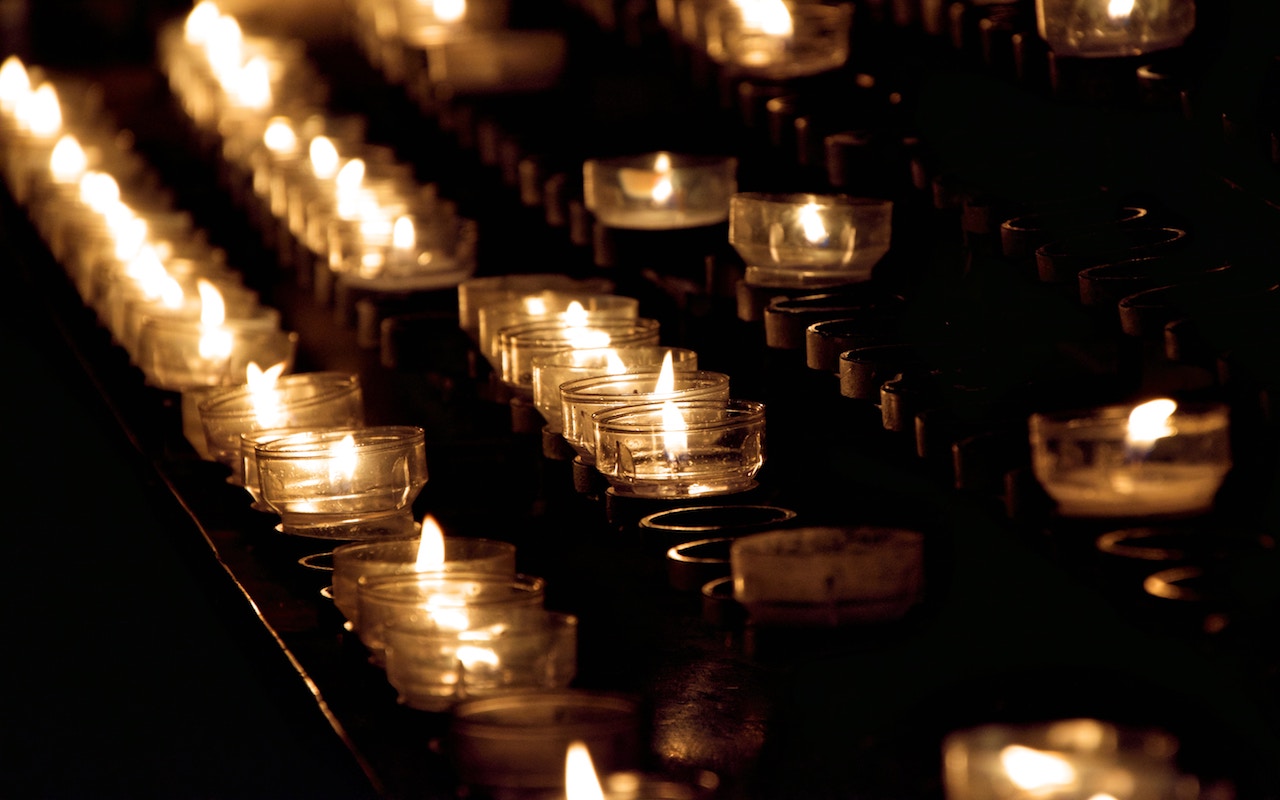
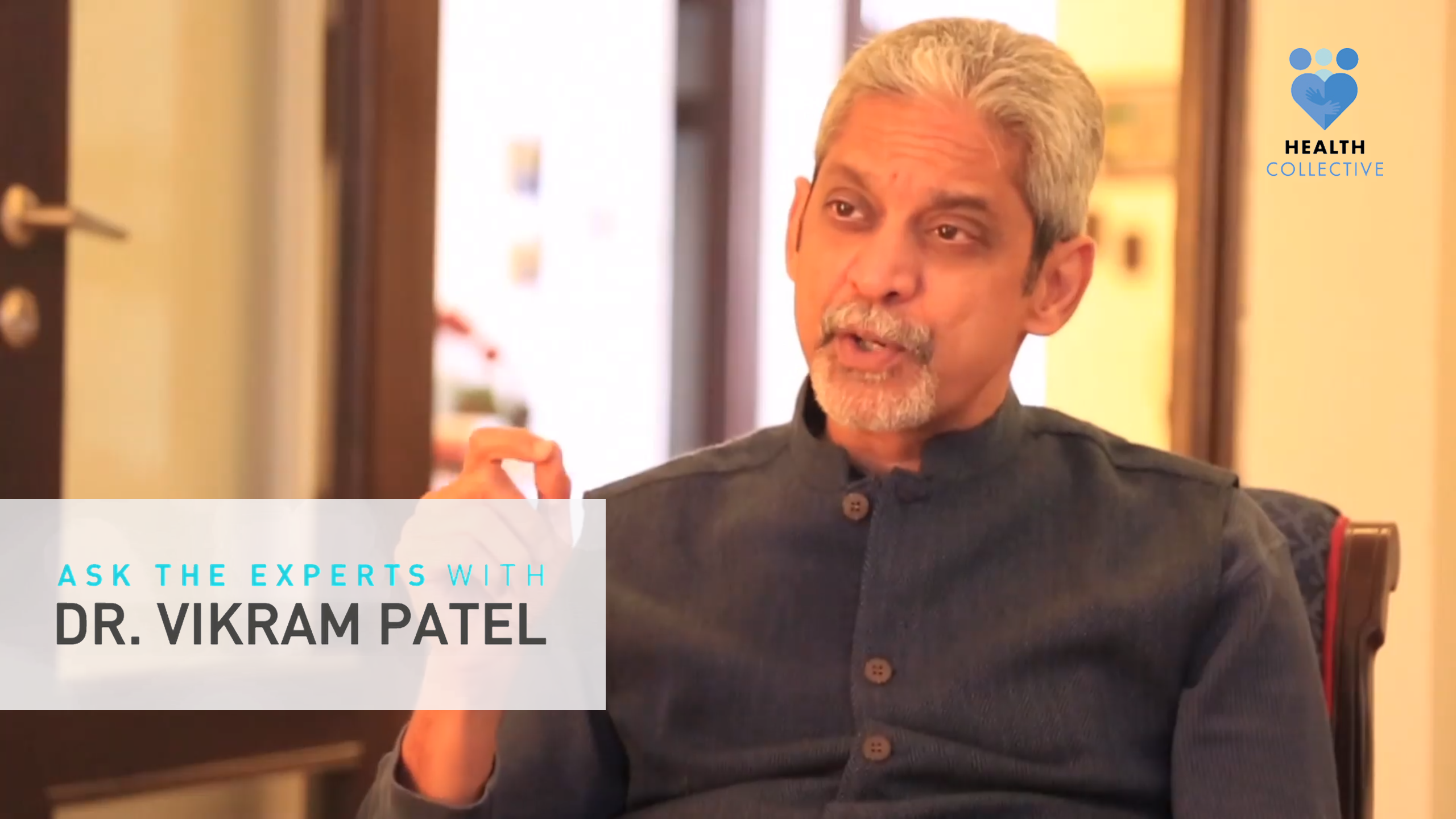
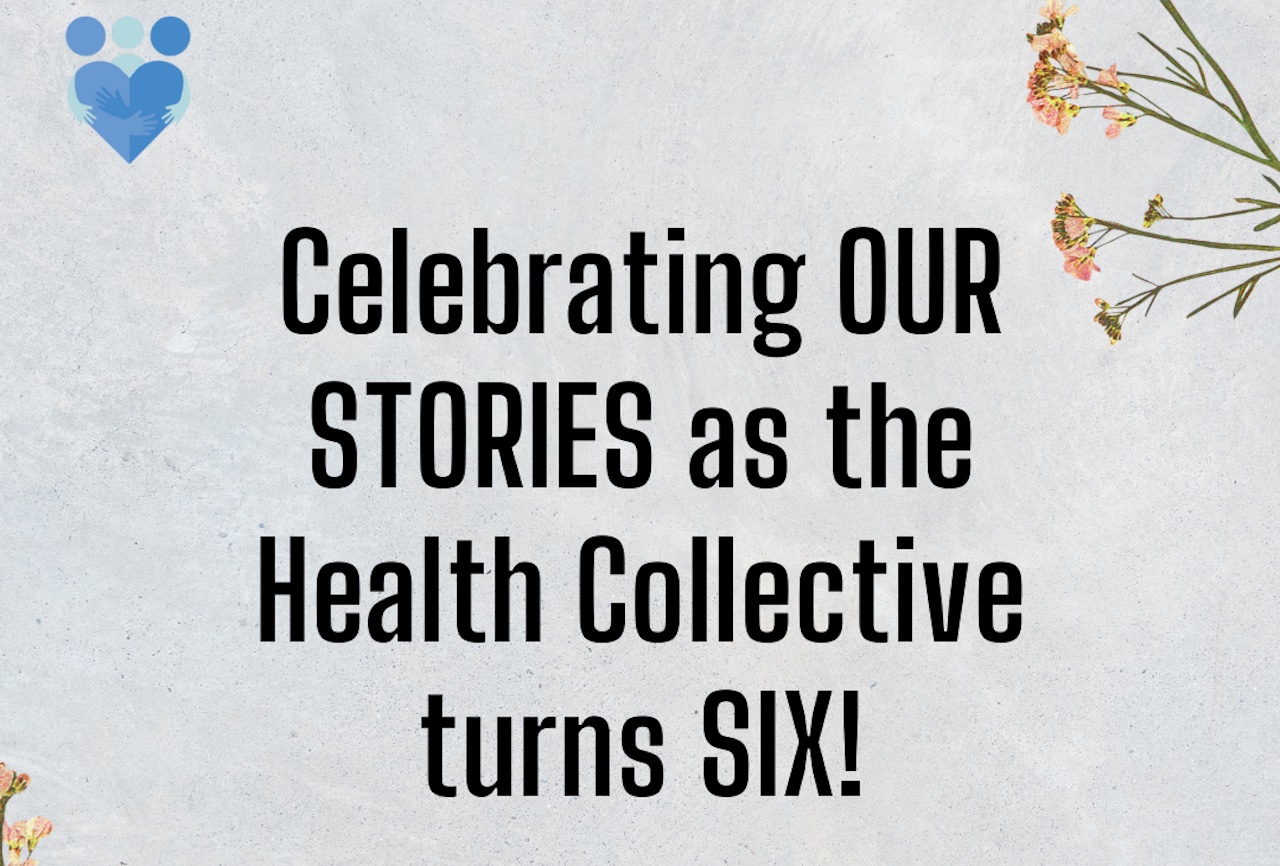
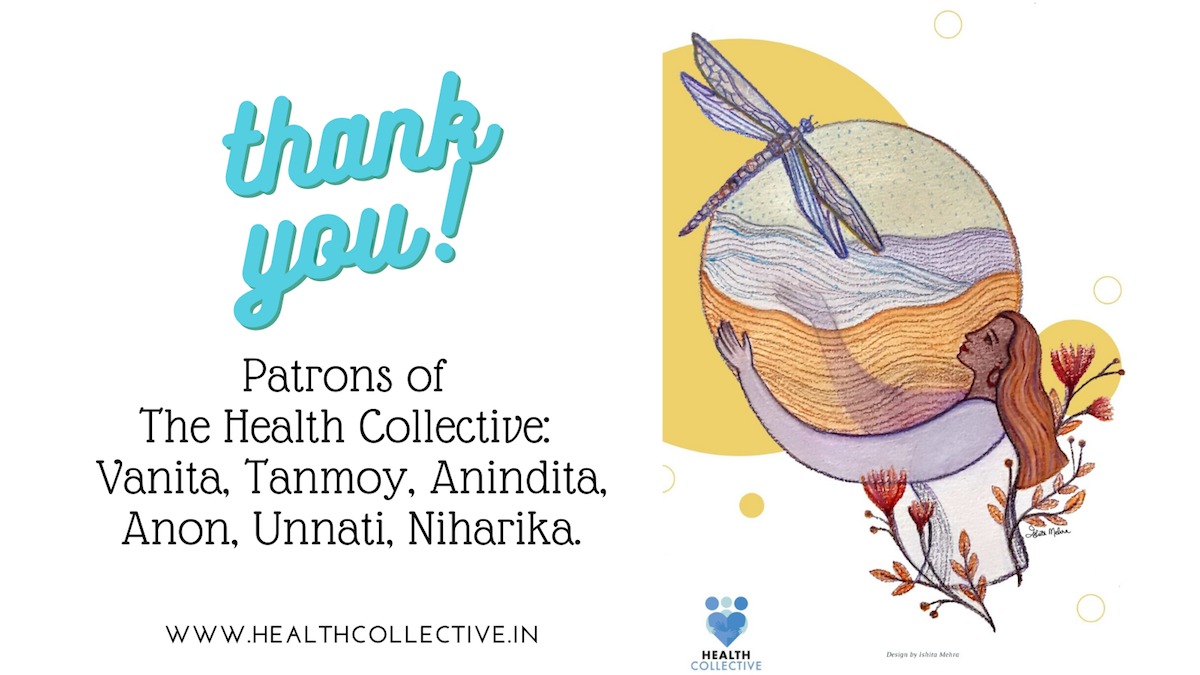
Health Collective, thanks a lot for the post.Really thank you! Much obliged.